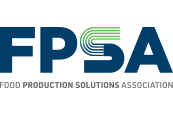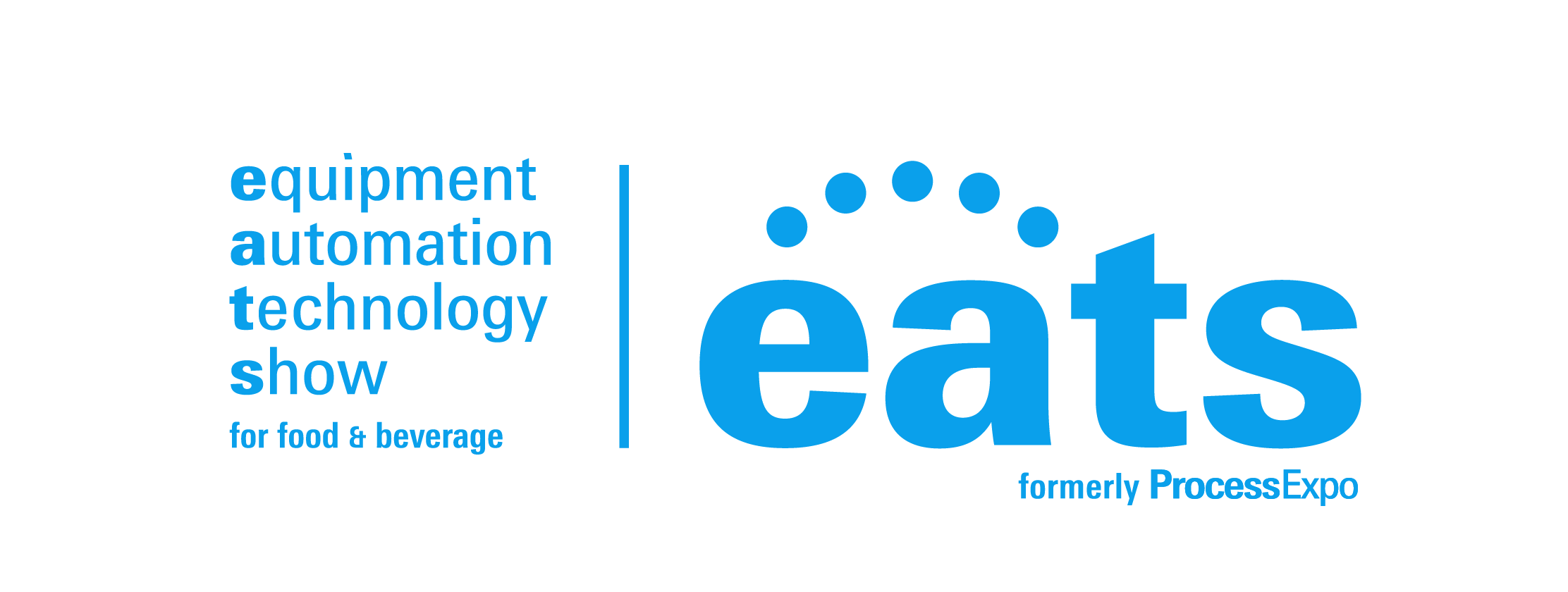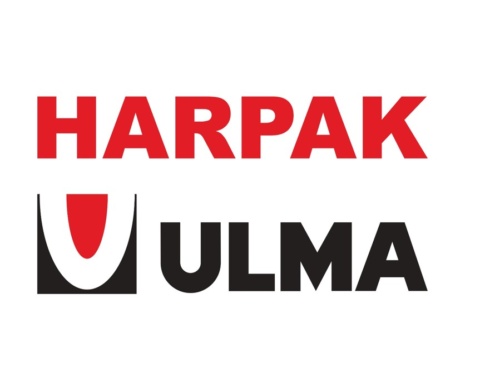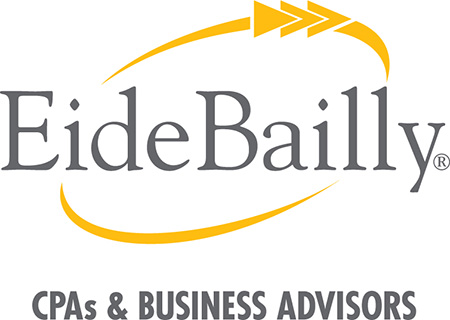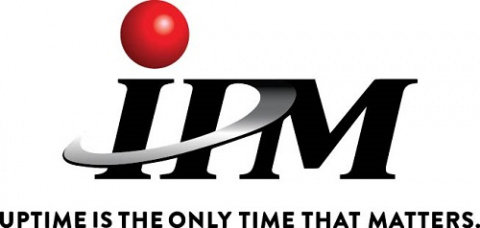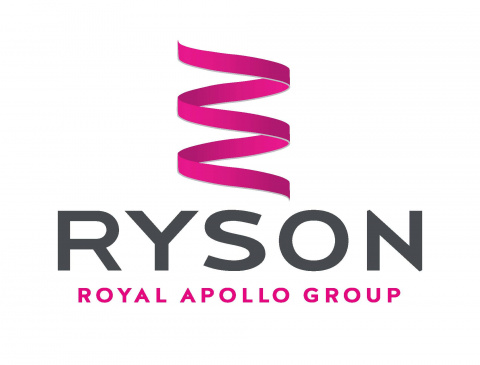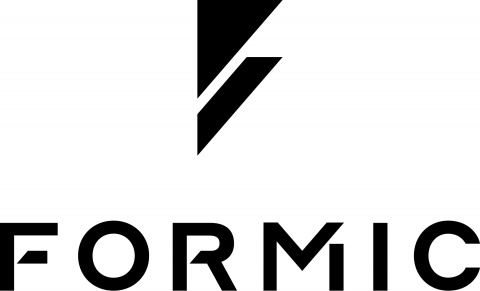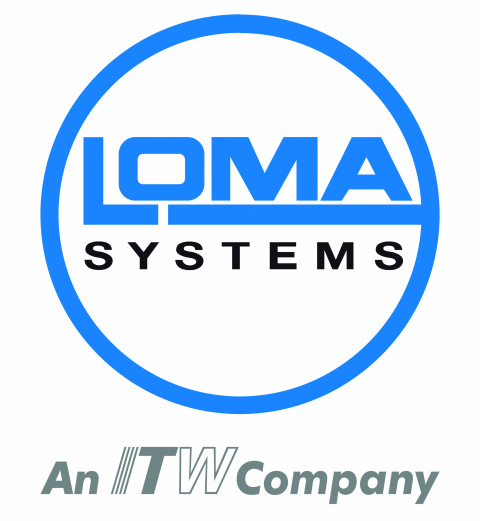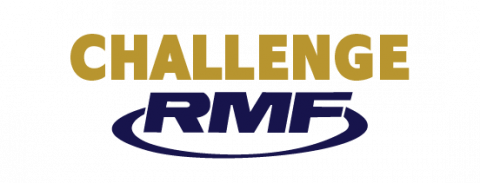The below instructions provide updated interim guidance to Compliance Safety and Health Officers (CSHOs) for enforcing the requirements of 29 CFR Part 1904 with respect to the recording of occupational illnesses, specifically cases of COVID-19. This guidance is intended to be time-limited to the current COVID-19 public health crisis. Please frequently check OSHA's webpage at www.osha.gov/coronavirus for updates.
*************************************************************************************
Under OSHA's recordkeeping requirements, COVID-19 is a recordable illness, and thus employers are responsible for recording cases of COVID-19, if:
- The case is a confirmed case of COVID-19, as defined by the Centers for Disease Control and Prevention (CDC);
- The case is work-related as defined by 29 CFR § 1904.5; and
- The case involves one or more of the general recording criteria set forth in 29 CFR § 1904.7.
Confirmed cases of COVID-19 have now been found in nearly all parts of the country, and outbreaks among workers in industries other than healthcare, emergency response, or correctional institutions have been identified. As transmission and prevention of infection have become better understood, both the government and the private sector have taken rapid and evolving steps to slow the virus's spread, protect employees, and adapt to new ways of doing business. As the virus's spread now slows in certain areas of the country, states are taking steps to reopen their economies and workers are returning to their workplaces. All these facts—incidence, adaptation, and the return of the workforce—indicate that employers should be taking action to determine whether employee COVID-19 illnesses are work-related and thus recordable. Given the nature of the disease and ubiquity of community spread, however, in many instances it remains difficult to determine whether a COVID-19 illness is work-related, especially when an employee has experienced potential exposure both in and out of the workplace.
In light of these considerations, OSHA is exercising its enforcement discretion in order to provide certainty to employers and workers. Accordingly, until further notice, OSHA will enforce the recordkeeping requirements of 29 CFR 1904 for employee COVID-19 illnesses for all employers according to the guidelines below. Recording a COVID-19 illness does not, of itself, mean that the employer has violated any OSHA standard. And pursuant to existing regulations, employers with 10 or fewer employees and certain employers in low hazard industries have no recording obligations; they need only report work-related COVID-19 illnesses that result in a fatality or an employee's in-patient hospitalization, amputation, or loss of an eye.
Because of the difficulty with determining work-relatedness, OSHA is exercising enforcement discretion to assess employers' efforts in making work-related determinations.
In determining whether an employer has complied with this obligation and made a reasonable determination of work-relatedness, CSHOs will apply the following considerations:
- The reasonableness of the employer's investigation into work-relatedness. Employers, especially small employers, should not be expected to undertake extensive medical inquiries, given employee privacy concerns and most employers' lack of expertise in this area. It is sufficient in most circumstances for the employer, when it learns of an employee's COVID-19 illness, (1) to ask the employee how he believes he contracted the COVID-19 illness; (2) while respecting employee privacy, discuss with the employee his work and out-of-work activities that may have led to the COVID-19 illness; and (3) review the employee's work environment for potential SARS-CoV-2 exposure. The review in (3) should be informed by any other instances of workers in that environment contracting COVID-19 illness.
- The evidence available to the employer. The evidence that a COVID-19 illness was work-related should be considered based on the information reasonably available to the employer at the time it made its work-relatedness determination. If the employer later learns more information related to an employee's COVID-19 illness, then that information should be taken into account as well in determining whether an employer made a reasonable work-relatedness determination.
- The evidence that a COVID-19 illness was contracted at work. CSHOs should take into account all reasonably available evidence, in the manner described above, to determine whether an employer has complied with its recording obligation. This cannot be reduced to a ready formula, but certain types of evidence may weigh in favor of or against work-relatedness. For instance:
- COVID-19 illnesses are likely work-related when several cases develop among workers who work closely together and there is no alternative explanation.
- An employee's COVID-19 illness is likely work-related if it is contracted shortly after lengthy, close exposure to a particular customer or coworker who has a confirmed case of COVID-19 and there is no alternative explanation.
- An employee's COVID-19 illness is likely work-related if his job duties include having frequent, close exposure to the general public in a locality with ongoing community transmission and there is no alternative explanation.
- An employee's COVID-19 illness is likely not work-related if she is the only worker to contract COVID-19 in her vicinity and her job duties do not include having frequent contact with the general public, regardless of the rate of community spread.
- An employee's COVID-19 illness is likely not work-related if he, outside the workplace, closely and frequently associates with someone (e.g., a family member, significant other, or close friend) who (1) has COVID-19; (2) is not a coworker, and (3) exposes the employee during the period in which the individual is likely infectious.
- CSHOs should give due weight to any evidence of causation, pertaining to the employee illness, at issue provided by medical providers, public health authorities, or the employee herself.
If, after the reasonable and good faith inquiry described above, the employer cannot determine whether it is more likely than not that exposure in the workplace played a causal role with respect to a particular case of COVID-19, the employer does not need to record that COVID-19 illness. In all events, it is important as a matter of worker health and safety, as well as public health, for an employer to examine COVID-19 cases among workers and respond appropriately to protect workers, regardless of whether a case is ultimately determined to be work-related.
CSHOs will generally refer to CPL 02-00-135, Recordkeeping Policies and Procedures Manual (Dec. 30, 2004), and CPL 02-00-163, Field Operations Manual (Sept. 13, 2019), Chapters 3 and 6, as applicable.
[***Please note that these materials are provided for informational purposes only and should not be a substitute for legal or accounting advice. In all instances, individuals and companies should consult with their own legal and accounting professionals]
